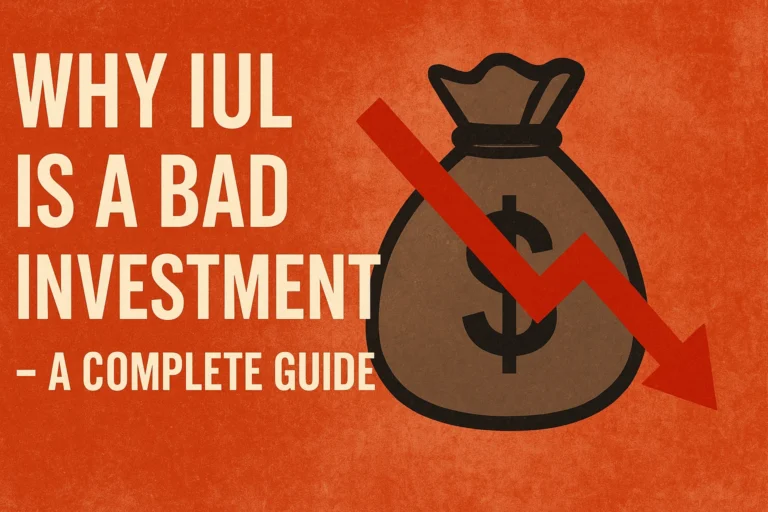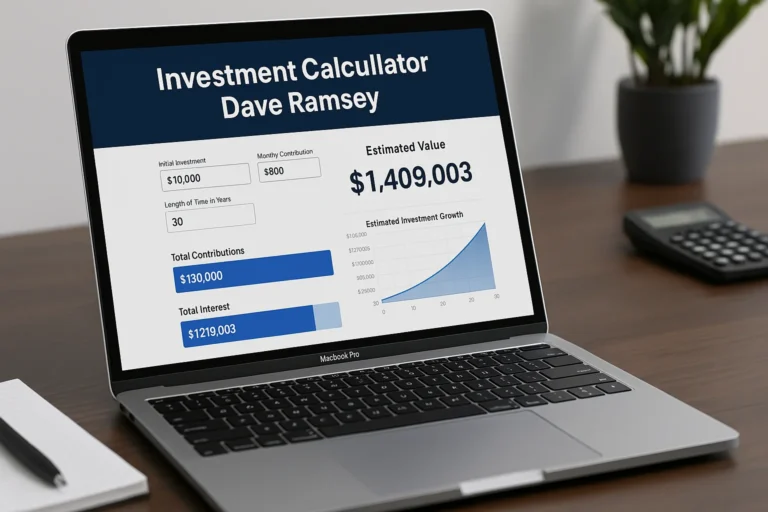Finanzas: The Complete Guide to Understanding and Managing Money Effectively
Introduction
Money plays a central role in our lives. Whether we are saving for the future, running a business, or managing a national budget, we deal with finanzas every day. The term covers how money is earned, saved, spent, borrowed, and invested at personal, corporate, and government levels. Understanding finanzas is not just for accountants or bankers — it’s a skill that benefits everyone. In this guide, we’ll explore what finanzas mean, their main types, key concepts, modern trends, tools, common mistakes, and practical steps to improve them.
What Are Finanzas?
Finanzas is the Spanish word for “finance.” It refers to the management of money and other assets. The scope is broad — from personal budgeting and business investments to government tax policies. Finance connects to every part of the economy and affects the choices we make daily.
At its core, finanzas involves:
- Earning money through work, investments, or business.
- Spending wisely to meet needs and goals.
- Saving for emergencies and future plans.
- Investing to grow wealth over time.
- Protecting assets from risks.
Finance literacy helps individuals make informed decisions, businesses remain profitable, and governments maintain stability.
The Three Main Branches of Finanzas
Personal Finance
Personal finance focuses on managing your own money. It includes:
- Budgeting: Tracking income and expenses to avoid overspending.
- Saving: Building an emergency fund for unexpected events.
- Debt management: Paying off loans and credit cards to avoid high interest costs.
- Investing: Using tools like stocks, bonds, and mutual funds to grow wealth.
- Retirement planning: Preparing financially for when you stop working.
- Insurance: Protecting against risks such as illness, accidents, or property loss.
Example: A young professional might start with a budget, save three months of living expenses, pay down credit card debt, and open a retirement account.
Corporate Finance
Corporate finance is about how businesses handle money. Key areas include:
- Financial statements: Income statement, balance sheet, and cash flow statement.
- Capital structure: Deciding between debt (loans) and equity (shares) to fund operations.
- Cash flow management: Ensuring money is available for daily operations.
- Investment decisions: Choosing projects or assets that bring the best returns.
- Risk management: Protecting the company against financial loss.
Example: A company might raise funds by issuing shares, invest in new technology, and manage cash flow to pay suppliers on time.
Public Finance
Public finance deals with how governments collect and spend money. It covers:
- Taxation: Income tax, sales tax, property tax, and other forms.
- Government budgets: Planning annual spending and revenue.
- Public debt: Borrowing to fund projects or cover deficits.
- Fiscal policy: Using spending and taxes to influence the economy.
- Public services: Funding healthcare, education, infrastructure, and social programs.
Example: A government may increase spending on infrastructure to create jobs and boost the economy during a recession.
Key Concepts Everyone Should Know in Finanzas
- Inflation: The general rise in prices, reducing the value of money.
- Interest rates: The cost of borrowing or the reward for saving.
- Compounding: Earning returns on both the original amount and the interest.
- Diversification: Spreading investments to reduce risk.
- Assets vs. liabilities: Assets put money in your pocket, liabilities take money out.
- Cash flow vs. profit: Cash flow is money moving in and out; profit is what remains after expenses.
Modern Trends and Innovations in Finanzas
Fintech
Technology is transforming finance. Mobile banking, payment apps, and online investment platforms make money management faster and easier.
Cryptocurrency
Digital currencies like Bitcoin and Ethereum offer new ways to invest and transfer value. Blockchain technology adds transparency and security to transactions.
ESG Investing
Investors are considering environmental, social, and governance factors alongside profits. This trend encourages responsible and sustainable business practices.
Behavioral Finance
Psychology plays a big role in financial decisions. Behavioral finance studies why people sometimes make choices that are not in their best financial interest.
Tools and Resources for Managing Finanzas
- Budgeting apps: Tools like Mint or YNAB help track income and expenses.
- Investment trackers: Platforms to monitor portfolio performance.
- Educational resources: Books, online courses, and blogs improve financial literacy.
- Spreadsheets: Simple yet effective for budgeting and planning.
Common Mistakes in Finanzas and How to Avoid Them
- No budget: Without a plan, it’s easy to overspend.
- High-interest debt: Credit cards can trap you in expensive cycles.
- No emergency fund: This can lead to more debt during a crisis.
- Poor investment diversification: Putting all your money in one place increases risk.
- Ignoring insurance: Lack of protection can cause severe financial setbacks.
Step-by-Step Guide to Improving Your Finanzas
- Track your income and expenses for at least one month.
- Set clear goals for short and long term.
- Create a budget that matches your income and priorities.
- Pay off high-interest debt as quickly as possible.
- Build an emergency fund worth 3–6 months of expenses.
- Start investing early for long-term growth.
- Automate savings to build consistency.
- Review your finances monthly and adjust as needed.
Frequently Asked Questions About Finanzas
What does finanzas mean in English?
It means “finance” — the management of money and assets.
What are the main types of finance?
Personal finance, corporate finance, and public finance.
How can I start improving my personal finances?
Begin with a budget, pay off debt, and start saving.
Why is budgeting important?
It ensures you control your spending and work towards your goals.
What’s the difference between finance and accounting?
Finance focuses on planning and managing money, while accounting records and reports it.
Conclusion
Finanzas touch every part of life — from daily spending decisions to global economic policy. By understanding the main types, key concepts, and modern trends, you can make better choices and secure a stronger financial future. Start small, stay consistent, and let your knowledge grow along with your wealth.






